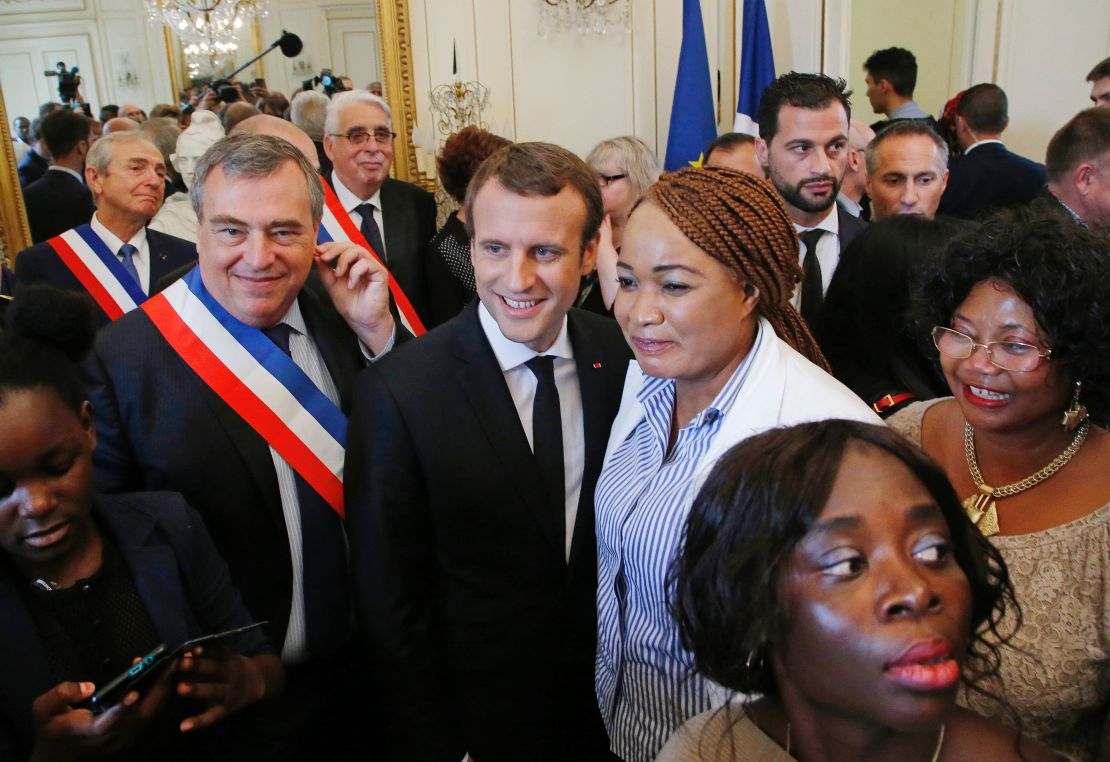France has announced its intention to set up “hot spots” in Libya to process refugee claims and help deter people from attempting the treacherous journey across the Mediterranean.
Speaking at a naturalization ceremony in the French city of Orleans on Thursday, French President Emmanuel Macron said the move would stop people who are ineligible for asylum from taking “crazy risks.”
According to the UN’s refugee agency, there were an estimated 660,000 “people of concern” – refugees and internally displaced people – living in Libya at the end of 2016.

“We’ll go get them ourselves,” Macron said. “I intend to do this as soon as this summer.”
“The other European countries are very reluctant. We will try to do it with Europe, but France will do it.”
“The aim is to ensure pre-processing of requests, rather than letting people cross the Mediterranean at the risk of their lives,” he explained.
Read more: Macron, the 39-year-old strongman Europe needs
According to the International Organization for Migration, more than 100,000 people have made the trip from Libya to Europe since January.
More than 2,300 people have drowned while attempting to make the journey this year, according to figures provided by the IOM.
Libya talks
The announcement comes days after Macron hosted peace talks aimed at bringing some stability to Libya and slowing the flow of refugees.

Macron welcomed Libyan Prime Minister Fayez al-Sarraj, leader of the United Nations-backed government in Tripoli, and Gen. Khalifa Haftar, commander of the so-called Libyan National Army, which controls parts of the east of the country, to Paris earlier in the week.
Both men committed to a ceasefire and fresh elections.
Libya has been beset by internal divisions since former dictator Moammar Gadhafi was toppled in 2011, a move that led to the collapse of the economy and vital oil production as well as the emergence of ISIS in the country.
Sarraj has the backing of the UN in the Libyan capital. But Haftar, who rejects Sarraj’s government, remains in control in the eastern city of Tobruk, and his forces took the city of Benghazi last month after three years fighting Islamists.
CNN’s Simon Cullen in London contributed to this article.




